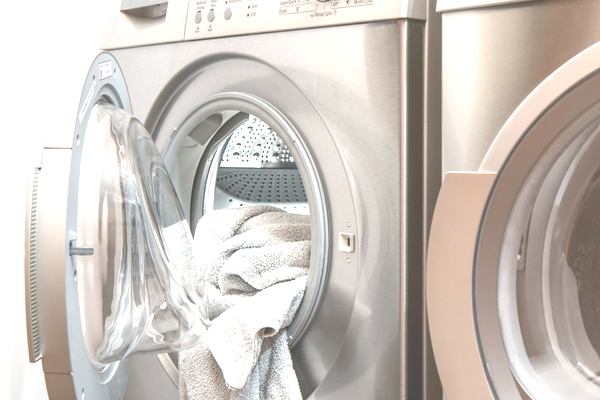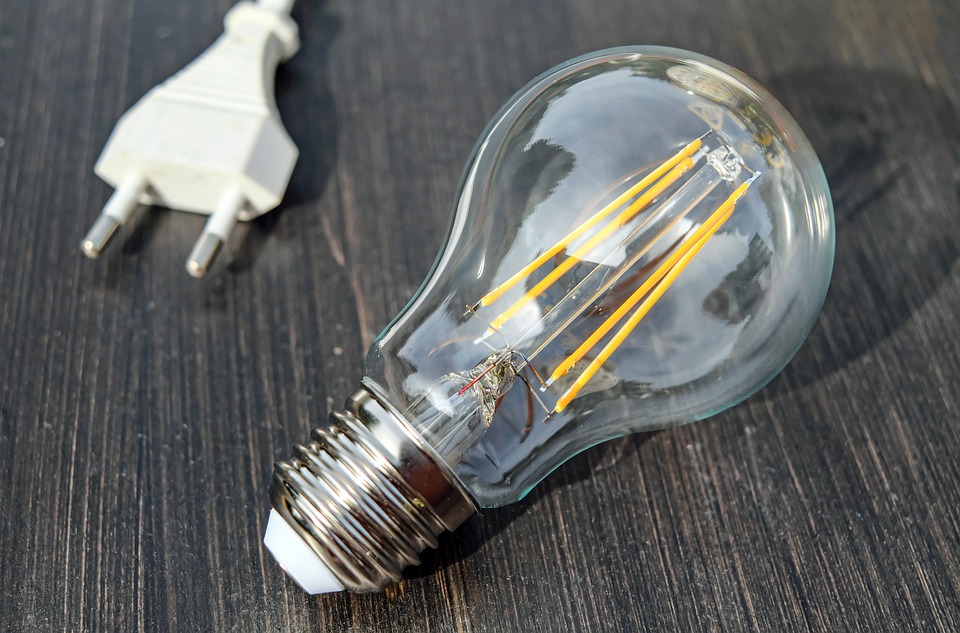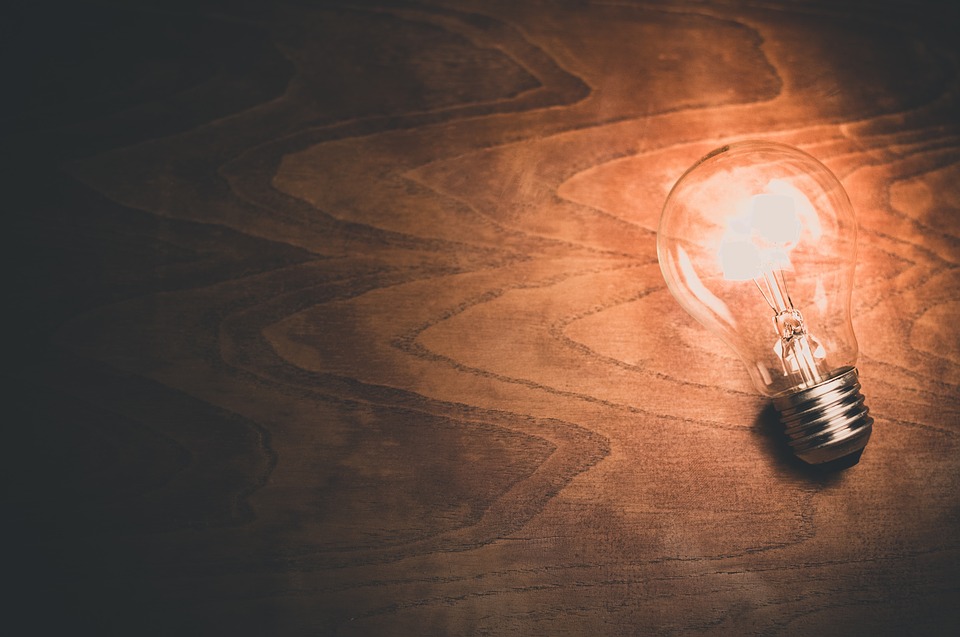Your home and some of your daily habits are extremely energy-consuming. In addition to environmental concerns, this also has a significant impact on your electricity bills. Here are some ways to help reduce your electricity consumption at home to lead a more sustainable life.
1) Choose Low-Energy Light Bulbs
They have evolved a lot! No more light bulbs that light up after five minutes or those that give off a yellowish light. Of all the models, LEDs and compact fluorescent bulbs are the most economical. On average, they last twelve times longer than a conventional incandescent bulb while consuming five times less.
To optimize lighting, look at the “lumen,” which corresponds to the light intensity of a bulb: the higher the number, the more light it diffuses, regardless of the number of watts. In any case, don’t forget to clean them regularly. They will shine brighter!
2) Do Your Laundry Without Spending Too Much Electricity
To reduce your electricity consumption related to your laundry’s maintenance, forget the dryer, if possible. It is the primary source of consumption in this area. If you can’t do without due to limited space outside or inside to dry your laundry naturally, opt for a dryer that automatically stops when your laundry is dry, thanks to a humidity sensor, and spin your laundry well before putting it in your dryer.
3) Don’t Forget to Clean the Lint Trap
As far as your washing machine is concerned, choose low-temperature washing as much as possible, without prewashing, or, even better, cold washing, because 90% of the electricity consumption of washing clothes is actually due to heating the washing water. You should also wait until your washing machine is full before starting it.

4) Turn off Electrical Appliances
Did you know that by turning off all the appliances in your home, you can save up to $80 per year? Television, stereo, and computer continue to nibble away at electricity, even in standby mode. So remember to unplug them after each use, not to mention the coffee machine or toaster in the kitchen.
5) Call a Professional
Taking advantage of the expertise of a professional to better save energy can be a great option. We often want to solve our insulation and heat loss problems, but we don’t always know where to turn for the right expertise. Energy efficiency inspectors are the best persons to advise you. With specialized equipment such as a thermal camera, they can direct you to the best decisions to make before starting any work. They will also let you know where the greatest heat losses are in your home. This way, you will be able to direct your work to the right places, such as changing a few old windows or redoing the insulation, and energy savings will multiply.
6) Opt for Thick Curtains
Putting thick curtains on all the windows will keep in warmth in winter coolness during summer. This will also allow you to save on heating and air conditioning bills.
7) Use Natural Lighting
To optimize your natural lighting, arrange your interior to favor natural lighting over artificial lighting. For example, place your desk or reading area near a window, especially since natural light is better for the eye. Similarly, open the curtains and shutters in your home as soon as it’s daylight and make sure no trees block your windows.

8) Make Economic Choices While Cooking
A few simple gestures and common sense can save energy in the kitchen:
- cover pots and pans during cooking
- reduce power as soon as the water boils
- use a pressure cooker (faster and more efficient)
9) Turn off Lights When Leaving a Room
It’s a simple matter, but significant energy savings can be achieved by simply pressing the switch at each exit. Easy, isn’t it?
In everyday life, there are many simple gestures to adopt to reduce your energy consumption, and consequently, your electricity bill. We hope that these few tips have helped you to do so!

